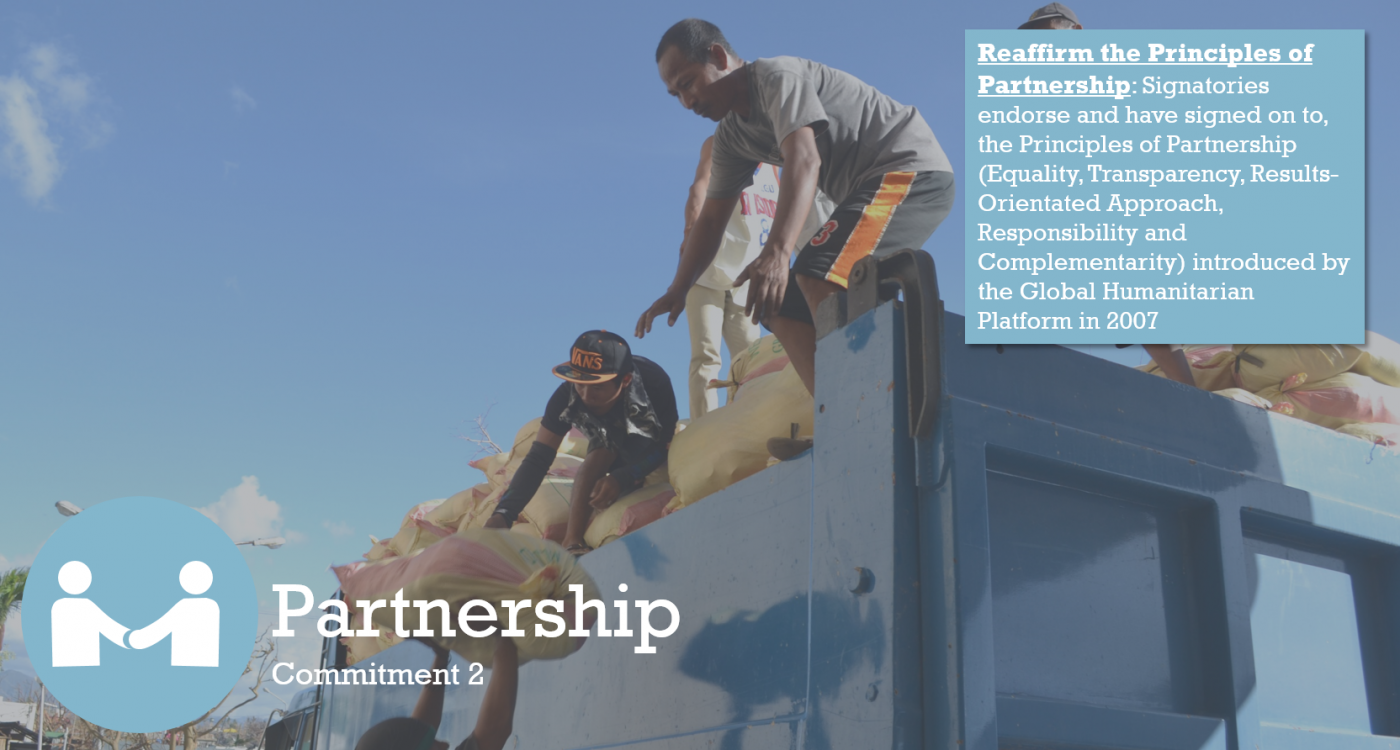Aid practitioners are already aware of the challenging humanitarian environment in Bangladesh. One of the world’s most populated countries is also one of the most disaster-prone. The risks presented by climate change have only increased the country’s vulnerability to natural hazards.
Because of these challenges Bangladesh is host to a particularly active aid and civil society community, and also attracts attention from a great number of international donors and humanitarian bodies. As a result, the local actors have a particularly high stake in the discussions and changes taking place in the global aid system.
In Bangladesh, with limited resources available, state and market stakeholders are often unable to address the needs faced by the country’s population, particularly with regards to assisting marginalized and vulnerable communities. Civil society has a role to play here and can work with other stakeholders to help address these needs. But, as is often the case in the so-called global south, civil society must play to the rules set by an aid system that is disconnected to the needs on the ground, and often slow to react to emergencies.
The challenges faced by the people of Bangladesh require immediate action from the international community. The Bangladeshi aid community actively participated in the World Humanitarian Summit process, and the commitments outlined in the Grand Bargain were cause for optimism among my colleagues in Bangladesh. They brought renewed hope that the traditional partnership model would be revised to one that is more equitable (between INGOs and local actors), and that the primary role of the international organisations would shift from supervision of local/country-level contexts to one that supports local and national actors to lead response work in their unique contexts.
Without ignoring the important role of the international community as a provider of resources and expertise, the aid system must be more inclusive and accessible to local actors. Initiatives that support local empowerment should be promoted, with the aim of achieving equality and unity among southern and northern NGOs.
In the build-up to World Humanitarian Day, Mr Chowdhury will host a seminar to kick-start a 6 month campaign on Strengthening Civil Society and Promoting the Localisation Agenda, in Dhaka. Members of the local aid community will be in attendance and will discuss how new partnership models can support the sustainable and accountable growth of civil society in his country.
We would also like to thank Mr Chowdhury for his support in translating the Charter4Change into Bengali, and for making this document and the 8 commitments accessible to the wider aid community in Bangladesh.
For further details please visit www.coastbd.net or www.equitybd.net.

